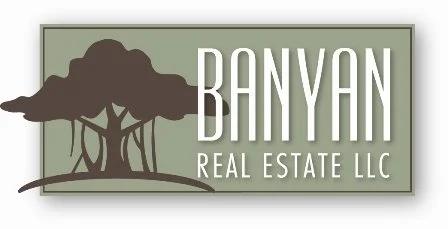
Frequently asked questions.
1. What is an assumable loan?
An assumable loan is a type of mortgage that allows you to take over the seller’s existing loan—same interest rate, remaining balance, and repayment terms—rather than getting a new mortgage.
2. Why would I want to assume a loan?
Lower interest rate: If the seller’s loan rate is lower than current market rates, you could save thousands over time.
Lower closing costs: Often, closing costs are less than with a brand-new loan.
Faster process: In some cases, the loan assumption process is quicker than a full mortgage application.
3. Which loans are typically assumable?
Most conventional loans are not assumable. Common assumable loans include:
FHA loans
VA loans (Note: Anyone can assume a VA Loan, even a non-Veteran/Military Buyer. However, the Seller must agree to relinquish the VA Loan Benefit that resides with the loan)
USDA loans
4. Do I still need to qualify?
Yes. Even though you’re taking over an existing loan, the lender will still review your credit, income, and debt-to-income ratio to make sure you can make the payments.
5. How much will I need for a down payment?
You’ll need to pay the seller the difference between the home’s purchase price and the remaining loan balance.
Example: If the home is $400,000 and the seller owes $250,000, you’ll need to bring $150,000 in cash (or finance it separately).
Denver Assumable Loans has found financing resources for this $150,000 gap. You can get a 2nd mortgage up to 90% Total Loan To Value. Contact us for more information.
6. Are interest rates and payments fixed?
It depends on the original loan. If it’s a fixed-rate mortgage, your rate will stay the same for the life of the loan. If it’s adjustable, the rate and payments could change according to the original terms.
7. How does the process work?
Confirm loan type and verify it’s assumable.
Apply with the current lender to qualify for assumption.
Negotiate purchase terms with the seller.
Pay the difference between the sale price and loan balance.
Close with title transfer and lender approval.
8. What fees are involved?
Lender’s assumption processing fee (usually a few hundred to a couple thousand dollars)
Standard closing costs (title, escrow, recording fees)
Any real estate commission, if applicable
9. Can I assume a VA loan if I’m not a veteran?
Yes—but if you’re not VA-eligible, the seller’s VA entitlement stays tied up in the loan until it’s paid off. This can limit their ability to use their VA benefits again.
10. What are the risks of assuming a loan?
You may need a large upfront payment for the equity.
Adjustable-rate loans could increase payments over time.
If the lender doesn’t release the seller from liability (rare but possible), complications could arise.
11. How long does the assumption process take?
Typically 30–60 days, but timing depends on the lender’s efficiency and how quickly you provide documents.
12. Is it worth it?
If the existing interest rate is significantly below today’s rates, and you have or can access the funds for the seller’s equity, an assumable loan can be a powerful way to save money and get favorable terms
